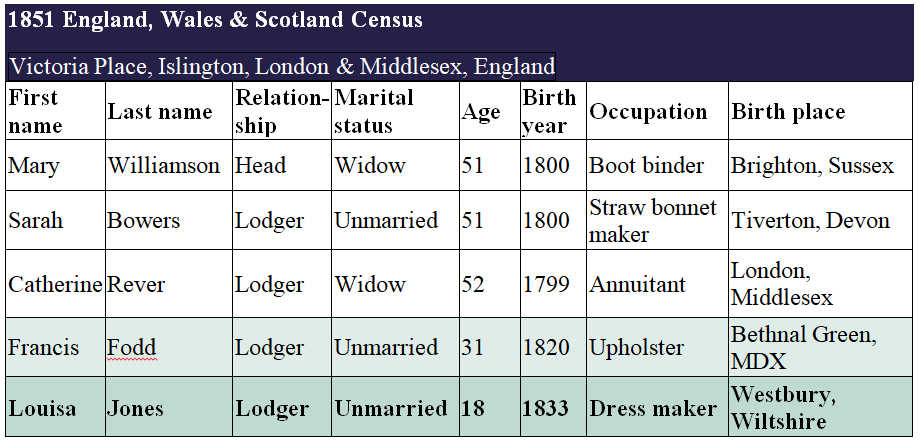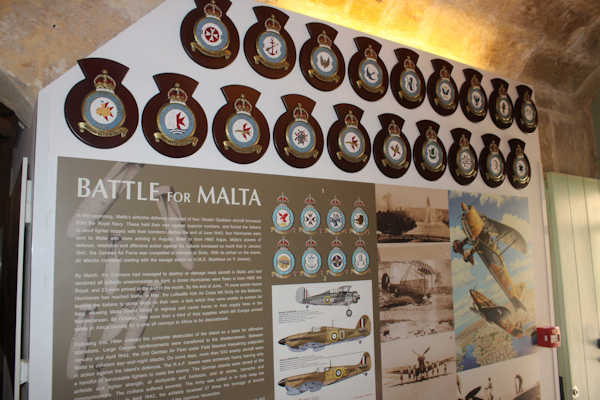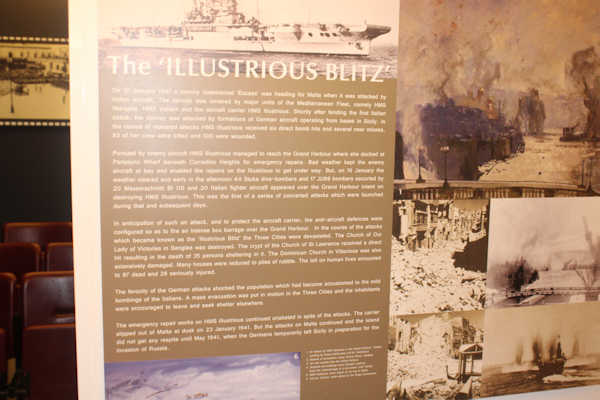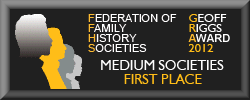from Pat Hase
I’m writing this with many thanks to Rob Clarke and others who contributed to the May Newsletter. I was very grateful for their support last month. As always, any comments and additions by members would be welcome.
June is going to be an eventful month for our Society. We will welcome a new Web Site on June 6th which we hope will make contributions by members easier and enable them to find all the fantastic information which has been contributed by members over the years. Believe me - just try it – you can find so much about researching in this area you will be amazed what was all hiding on the old site!
See later on in this newsletter for a guide to the new site from Rob.
Other Events coming up in June
Sat 7th June – Free Help Session at Weston Library and Monday 17th June
You can get help with researching your family tree from Weston-super-Mare and District Family History Society volunteers. Our free drop-in sessions run on:
- first Saturday of the month - 2pm to 3:30pm - Weston Library
- third Monday of the month - 10:30am – 1pm - Weston Library
At the drop-in session, you can get access to the family history records website Ancestry and FamilySearch as well as local resources including street directories, parish registers and maps.
Apart from that June is the Jenny and Peter Towey show ...
Wed 11th June at 2:30pm, Our Lady of Lourdes. Jenny and Peter are doing a presentation on how to use the National Archives.
Wed 25th June at 7:30pm via Zoom, Peter is presenting a workshop on Reading old Handwriting.
Thanks to both of them for stepping in at short notice to cover some speaker cancellations.
Family Stories
How many of you have family stories handed down which you have not been able to substantiate? My maternal grandmother told me that she had a great aunt, surname probably JONES, who was a dressmaker to Queen Victoria.
The most likely possibility is a Louisa JONES d/o William & Elizabeth JONES, who was born in about 1833 in Dilton Marsh, Westbury, Wiltshire. Although several of her siblings attended the Sunday School there her name is not recorded.
See www.dilton-marsh.org.uk/research/prov_ssreg.php
Could this be her in 1851 as an 18 year-old lodging in Islington?

This JONES family were Baptists, and I have found it difficult to trace their baptisms etc although there is quite a bit written about the Baptists in that area. My g grandfather was Louisa’s younger brother, David, and he followed his father’s trade as a lath render, eventually settling in Gloucester.
Nempnett Thrubwell
I believe that one of the farthest ancestors I have found, an 8x great grandfather, William OGBOURNE married a Sarah WEDMORE in Nempnett Thrubwell in 1657. Apologies if I have posted this before, but I have found this site very helpful and interesting.
www.ogbourne.com/ogbourneogborne-genealogical-information-in-the-uk
According to this information I share many relations with descendants of the same couple. But as with everything it will all need checking against my own research. With our new website in mind, have any of you got a website devoted to your family history research? Family History and Local History
It has always been my belief that there is a symbiotic relationship between family and local history. It enables a greater understanding of the social aspects of life. Look for Websites of Local History Groups as they often contain transcriptions and information about the area in which your ancestors lived.
The Avon Local History and Archaeology Group
www.alha.org.uk of which this society is a member, publishes a great deal of information about our area and its newsletter is published on our website. Take look at the number of groups involved and what they have to offer.
Rob Clarke
The new site is nearly live - I will be sending out the invites to become authors on the site in the next couple of days - unless you cannot wait - in which case please let me know at webmaster@wsmfhs.org
Eventually the current address (www.wsmfhs.org.uk) will take you directly to the new site but to start with I'll add a big button to the old site.
Everything on the site can be accessed from the main menu that runs along the top of the screen. This hopefully will make things easier to find.

"The Society" menu gives information about the society, our area, how to contact us, how to join the society, a link to our Facebook group, details pf the committee, Contact with other members via Private Messaging, Help on how to use the website, a link to WordPress (the system that the new site sits on) and a Login option.
You need to be logged in to access some of the features of the site and indeed the menu entries coloured yellow do not appear if you are not logged in.
"Posts" - as a member you can post to the site (if you want to) but can just read other peoples posts if you want. Under this menu is the Events Calendar - special type of posts that create a calendar of (not surprisingly) Events. News - posts normally made by committee members with information about Events, Transcriptions, Information etc. Newsletters - Pat's monthly articles going back to No 1. from January 2012 (this one is No. 162). Other options are Member only posts, Test posts and an easy way to post without having to use WordPress.
"Publications" - access to online versions of Buckets & Spades, links to the ALHA newsletters, online Family History Federation "Really Useful Bulletins", Exchange Journals from Wales, Australia and Canada which you can read online or download, copies of Presentations that have been given to the society or made by members, Videos - recording of society meetings and workshops that maybe you were not able to attend at the time
The "Research" menu provides links to multiple research options. The Places option has a page for each of our parishes, from each page you can access the photo gallery for that place, posts linked to that place, direct links to records held on Ancestry and Findmypast (relevant accounts are required to access), links to the church website (if there is one), directions from google and links to transcriptions from the society. Research Forum - post your own queries and help other members with theirs. Surname Interests - add your own surnames and find people with the same ones in their tree. Information and transcriptions for Axbridge Union Workhouse, Mendip Hospital and Milton Road Cemetery. Memorial inscriptions contains transcriptions and photographs from cemeteries around the area. Extensive War Memorial coverage of the whole area with 800+ individual profiles of those who died during the Boer War and the First World War (only a few WW2 profiles done so far). Research Links provide links to websites of interest.
"Special Projects" - collections of posts including Peter de Dulin's Brick Walls, Casualties of War, Photo Gallery, Parishes at War, Member Pedigrees, Memories of WWI, Milton Road Cemetery plans, Postcard collections and of course Pat's Weston Worthies in full technicolour for the first time
The "Search" option does exactly as it says on the tin. If you are struggling to find something on the site you will find it with Search - if you don't it's probably not there.
If you have trouble accessing anything please let me know - the chances are that other people may be having problems and/or there is probably another way of doing something. We have full control over the site so can change things that aren't working!
One more thing - I have written a "Learn WordPress in 2 Weeks" course (although I have not finished the last 2 days of it yet) - which can show you how to produce more exotic posts on the site. Monica has gone through all of the exercises I have created so far and tells me that she enjoyed doing them. Each of the exercises should only take about 10 minutes and you create real posts from Day 1. "Learn WordPress in 2 Weeks" can be found under "The Society", Help".
And finally ...
Rob Clarke
| Holidays are nearly here for some of you - don't forget to check your family trees before you go anywhere in case you can sneak off and do some research. We have just come back from a week in Malta and whilst there I managed to drag the family along to the Malta at War Museum. |
 |
 |
There was a display about the aircraft carrier HMS Illustrious - a second cousin of Gill's (OK - 2 times removed) was a Marine on the Illustrious and was killed when it was bombed by the Luftwaffe in January 1941 - the ship then had to dock in Malta for repairs. Things always seem more interesting when they are connected to your own family |
And ... if anyone is going anywhere near Arras - we are very short of decent photographs of the names of local soldiers recorded on the Arras Memorial - I can provide a list if need be!
See you all again in July ...
Pat (and Rob) | 